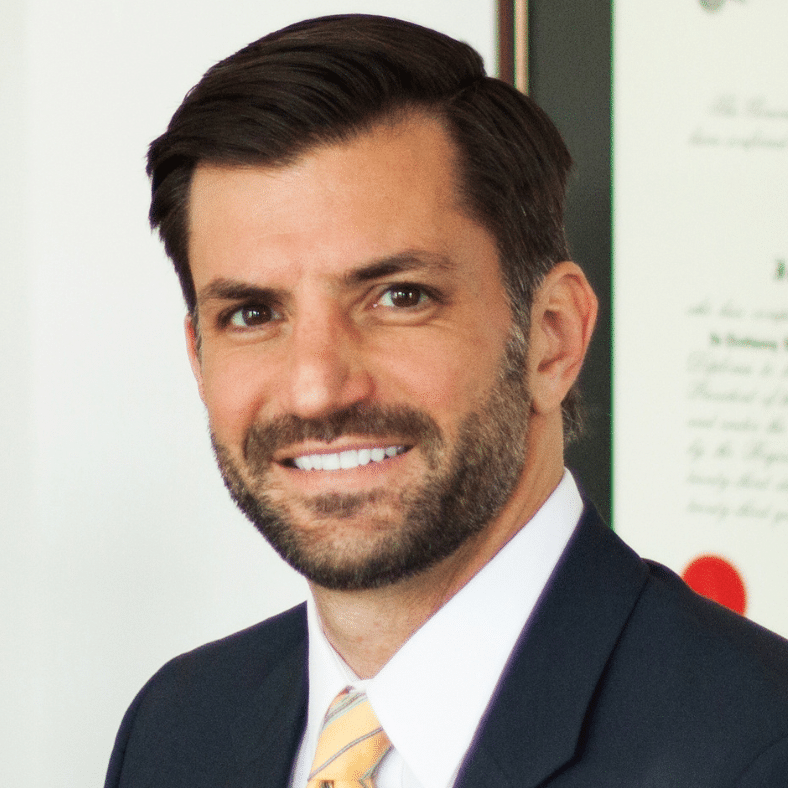Medications for Mental Illness
- Los Angeles Mental Health Treatment
- Medications for Mental Illness
While therapy and holistic interventions are foundational, medications for mental illness can also play a powerful role in helping people feel grounded, regulated, and hopeful again.
Call Us Now
About Medications for Mental Illness
Psychiatric medications are not a cure, but they can be an essential part of a healing process. For individuals living with conditions like depression, anxiety, bipolar disorder, schizophrenia, or PTSD, medications for mental illness can reduce symptom severity, improve daily functioning, and make other therapies more effective.
We believe that medication works best when it’s paired with other forms of care, such as Cognitive Behavioral Therapy (CBT), Dialectical Behavioral Therapy (DBT), stress reduction therapy, and holistic modalities like equine therapy and mindfulness practices. It’s never just about numbing symptoms. It’s about building wholeness from the inside out.
Who Can Prescribe Medications for Mental Health?
Licensed medical professionals typically prescribe mental health medications. At The Meadowglade, psychiatry and medication management is offered as part of our comprehensive treatment plan. Our goal isn’t to medicate away the problem. It’s to use medication strategically, in tandem with other services, to support long-term wellness.
Here’s a breakdown of who can prescribe medications:
- Psychiatrists – Medical doctors who specialize in mental health and are uniquely qualified to diagnose conditions and prescribe medications.
- Primary Care Physicians (PCPs) – While not mental health specialists, many people receive their first prescription for psychiatric medications from a PCP.
- Psychiatric Nurse Practitioners – Advanced practice nurses who can assess, diagnose, and prescribe medications.
- In some states, Clinical Psychologists or Physician Assistants may also be able to prescribe under certain conditions.
Most Common Medications for Mental Illness
There are several categories of medications used to treat mental illness, each designed to target specific symptoms and underlying neurochemical imbalances.
Choosing the right one isn’t always straightforward. It depends on your diagnosis, health history, lifestyle, symptom severity, and how your body responds to different medications. For many people, it takes time and collaboration with a trusted provider to find the right fit. Below is a breakdown of the most commonly prescribed types, along with how they work and what conditions they typically treat.
Antidepressants (SSRIs and SNRIs)
Antidepressants depression medications are one of the most widely used classes of medications for mental illness. They’re primarily used to treat depression, but are also helpful for anxiety disorders, PTSD, and other conditions. These medications often take a few weeks to begin working and may come with temporary side effects like nausea, fatigue, or sleep disturbances, which usually subside over time.
- SSRIs (Selective Serotonin Reuptake Inhibitors) – These include medications like fluoxetine (Prozac), sertraline (Zoloft), and escitalopram (Lexapro). They work by increasing the level of serotonin in the brain, which can improve mood and reduce anxiety.
- SNRIs (Serotonin-Norepinephrine Reuptake Inhibitors) – Medications like venlafaxine (Effexor) and duloxetine (Cymbalta) affect both serotonin and norepinephrine, another neurotransmitter related to mood and energy.
Anti-Anxiety Medications
While antidepressants are often used to treat anxiety disorders, there are also specific medications designed to target acute anxiety symptoms.
- Benzodiazepines like lorazepam (Ativan) or clonazepam (Klonopin) provide rapid relief of anxiety but can be habit-forming if not closely managed.
- Buspirone is a non-addictive anti-anxiety medication often used for generalized anxiety disorder.
- Beta-blockers like propranolol are sometimes used off-label to treat physical symptoms of anxiety (like a racing heart).
Antipsychotics
Antipsychotic medications are used to manage symptoms of schizophrenia, bipolar disorder, and sometimes severe depression or anxiety. These medications help reduce symptoms like hallucinations, delusions, or severe agitation, and may be used short- or long-term depending on the diagnosis.
- Typical (First Generation) Antipsychotics – Examples include haloperidol (Haldol) and chlorpromazine (Thorazine).
- Atypical (Second Generation) Antipsychotics – Examples include risperidone (Risperdal), aripiprazole (Abilify), and quetiapine (Seroquel). These are often preferred due to a lower risk of certain side effects.
Mood Stabilizers
Mood stabilizers are most commonly prescribed for people with bipolar disorder or severe mood dysregulation. These medications help regulate the brain’s electrical activity and prevent extreme emotional highs and lows.
- Lithium is one of the oldest and most effective mood stabilizers, especially for manic episodes.
- Anticonvulsants like valproate (Depakote) or lamotrigine (Lamictal) are also used for mood stabilization.
Pros and Cons of Psychiatric Medications
Every treatment option comes with benefits and potential drawbacks. At The Meadowglade, we never view medication as a shortcut. It’s a tool, not the whole toolbox. Our supportive housing, career counseling, holistic therapy, and therapeutic education programs ensure that each client has a full spectrum of care.
Pros:
- Can reduce debilitating symptoms
- May help improve focus, sleep, mood, and functioning
- Can make therapy more accessible or productive
- Often improves quality of life in a relatively short time
Cons:
- It may take time to find the right dosage or medication
- Can cause side effects (though often temporary)
- May require ongoing monitoring and adjustments
- Not a stand-alone solution—works best with therapy and lifestyle support
Efficacy of Meds
When used correctly, medications for mental illness can be extremely effective. Numerous ‘ show that individuals receiving both medication and therapy fare significantly better than those who receive either alone.
But medication isn’t about “fixing” you, it’s about creating internal balance so that healing becomes possible. For some, that means staying on medication for years. For others, it may be a temporary stepping stone while deeper therapeutic work takes root.
How Will These Meds Make Me Feel?
In general, psychiatric medications aim to:
- Stabilize mood
- Lessen the intensity of symptoms
- Improve sleep and appetite
- Increase mental clarity
- Make daily life more manageable
At first, side effects can occur—fatigue, changes in digestion, insomnia, or emotional numbness are common concerns. These usually fade after a few weeks, and your prescriber will work closely with you to adjust dosages or explore alternatives if needed.
We encourage all clients at The Meadowglade to explore medication in a supportive environment, where changes are tracked in real-time, and decisions are collaborative.
Where Can I Get Medication for Mental Health?
If you believe you might benefit from medications for mental illness, the first step is a thorough assessment. This can be done by your primary care provider, a psychiatrist, or as part of an integrative program like the one offered at The Meadowglade.
Our team of licensed psychiatrists, therapists, and holistic health professionals works together to design a care plan that fits your goals, your body, and your life. Whether you’re in residential treatment, our Partial Hospitalization Program (PHP), Intensive Outpatient Program (IOP), or living in supportive housing, you’ll have access to ongoing medication management tailored to your needs.
Find Mental Health Help in Los Angeles Today
If you’re struggling with your mental health, you don’t have to figure it out alone. Medications for mental illness can be an important piece of the puzzle, but at The Meadowglade, we believe in treating the whole person.
Our serene environment, personalized treatment plans, and full continuum of care—from IOP to residential to young adult programming—are here to support your journey. Ready to explore your options for healing? Reach out today and learn more about how medication, therapy, and holistic support can work together to create lasting transformation.
Our Mental Health Specialists
At The Meadowglade, our team of compassionate and experienced mental health professionals is dedicated to providing comprehensive mental health treatment in Los Angeles. Our multidisciplinary team works collaboratively to offer personalized care tailored to each individual’s needs.

Narine Babikian, MHA

Joseph Gulino, MD

Yj Kim, MD
Take A Free Self-Quiz

Yj Kim, MD
Psychiatrist

Haroon Burhanullah, MD
Psychiatrist

Narine Babikian, MHA
Executive Director








